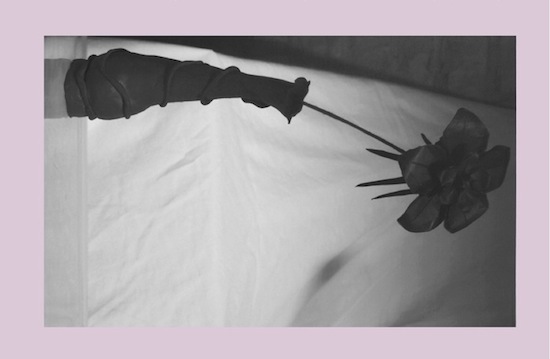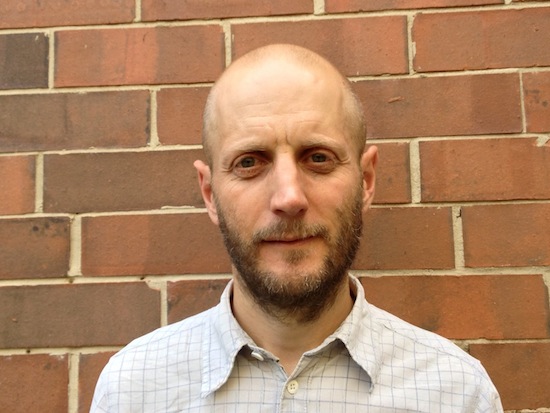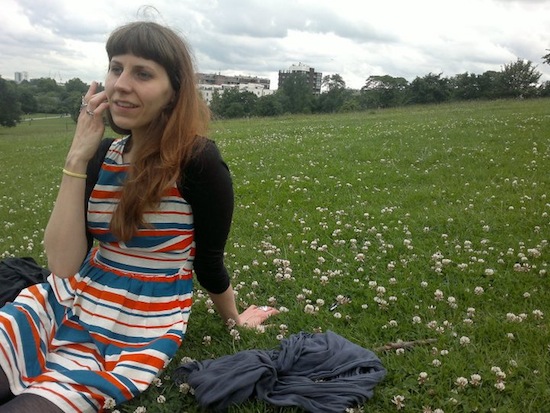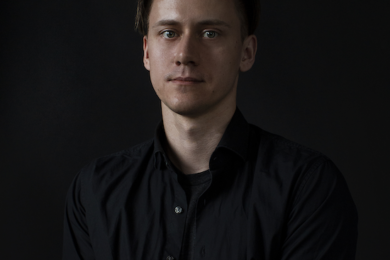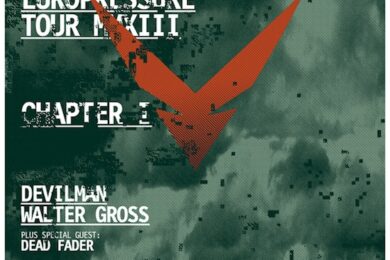


Sam Riviere
Poetry Column: Zona Nouă — Report on Some Young European Poets
For the third instalment of his inexplicably titled 'Poetry Column', Sam Riviere considers the work of - and discusses, among other things, tennis and Žižek karaoke with - five young European poets from July 2015's Zona Nouă festival in Sibiu
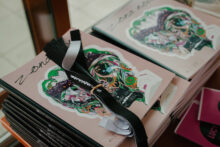
Poetry Column: Zona Nouă — Report on Some Young European Poets
For the third instalment of his inexplicably titled 'Poetry Column', Sam Riviere considers the work of - and discusses, among other things, tennis and Žižek karaoke with - five young European poets from July 2015's Zona Nouă festival in Sibiu
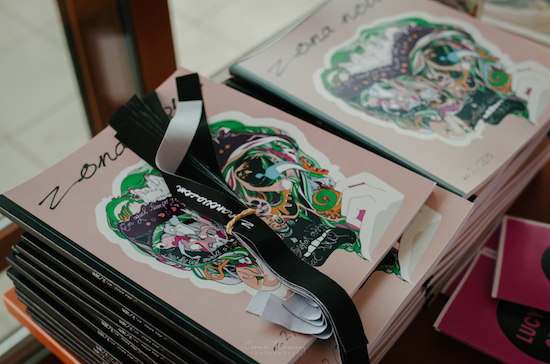
Poetry Column: The Morals Of A Meat Slicer — Sam Riviere On Minnis, Leon & Seidel
In the second instalment of his new column on contemporary poetry (abstractly titled 'Poetry Column'), Sam Riviere considers the writings of Chelsey Minnis, Frederick Seidel & Jon Leon from the starting point of Leon's own seemingly-innocuous declaration — taking in privilege, obscurity vs. self-exposure and the poet's own contempt for poetry en route — ‘Art is redemptive’
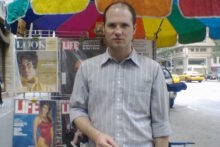
Poetry Column: The Morals Of A Meat Slicer — Sam Riviere On Minnis, Leon & Seidel
In the second instalment of his new column on contemporary poetry (abstractly titled 'Poetry Column'), Sam Riviere considers the writings of Chelsey Minnis, Frederick Seidel & Jon Leon from the starting point of Leon's own seemingly-innocuous declaration — taking in privilege, obscurity vs. self-exposure and the poet's own contempt for poetry en route — ‘Art is redemptive’
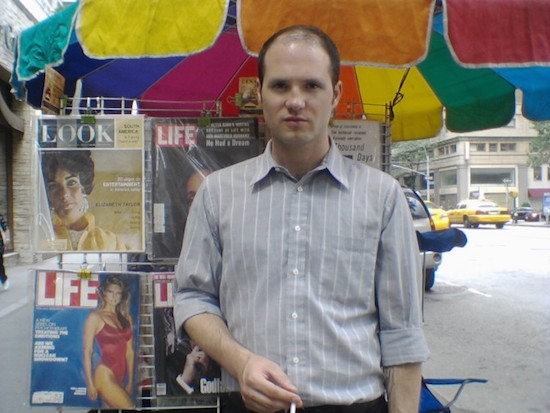
Poetry Column: Oversized Blazer — Sam Riviere On Audun Mortensen
In the first instalment of his new column on contemporary poetry (Poetry Column), Sam Riviere examines - via Sontag, Calvino and the convoluted nature of the 'I' - the work of Norwegian poet, artist and possible anti-Knausgård, Audun Mortensen. (Photograph by Václav Jedlička)

Poetry Column: Oversized Blazer — Sam Riviere On Audun Mortensen
In the first instalment of his new column on contemporary poetry (Poetry Column), Sam Riviere examines - via Sontag, Calvino and the convoluted nature of the 'I' - the work of Norwegian poet, artist and possible anti-Knausgård, Audun Mortensen. (Photograph by Václav Jedlička)
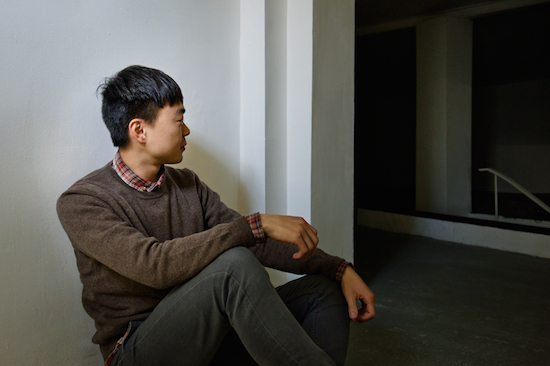
I Love Roses When They’re Past Their Best: Harry Burke Interviewed
Sam Riviere speaks to poet, curator and editor of recently published poetry anthology 'I Love Roses When They're Past Their Best', Harry Burke, about defying borders and boundaries, technological determinism and whether or not poetry should be free
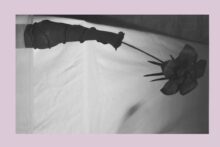
I Love Roses When They’re Past Their Best: Harry Burke Interviewed
Sam Riviere speaks to poet, curator and editor of recently published poetry anthology 'I Love Roses When They're Past Their Best', Harry Burke, about defying borders and boundaries, technological determinism and whether or not poetry should be free
